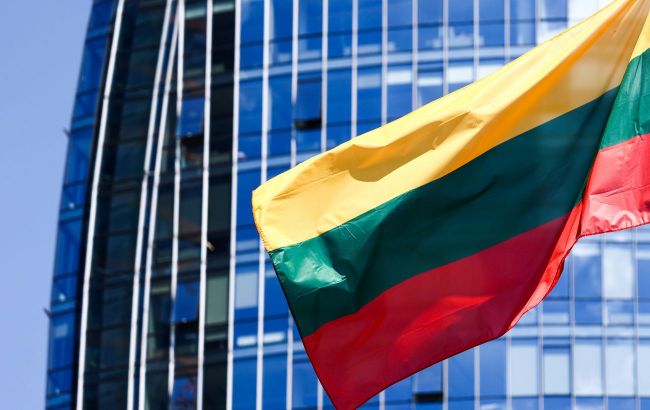Lithuania calls on NATO to speed up transition to war economy
 Illustrative photo (Getty Images)
Illustrative photo (Getty Images)
NATO cannot waste time in increasing production. Europe can only respond to the Kremlin's aggression by strengthening its own military power, according to the Minister of Defense of Lithuania Laurynas Kasciunas.
Kasciunas said that allies of the North Atlantic Treaty Organization must be "prepared as fast as possible", increasing defense spending to at least 2% of gross domestic product.
"If you will be strong, you will deter them. If you want to have peace with Russia, be strong," said Kasciunas.
The minister said he would seek to increase defense spending to 3.2% of GDP in the Baltic country with a population of 2.8 million. The government plans to discuss additional taxes and borrowing this month to finance growth, he said.
EU member states should also unite for joint defense procurement, Kasciunas said, referring to the Baltic countries' initiative to purchase Himars systems. European defense industry should not be "protectionist" but rather "open to America too," he said.
Russia deterrence
Kasciunas said his goal would be to increase the ranks of conscripts and involve broader segments of society in defense planning and preparation. Drone production needs to be expanded, he said, adding that drone management training should become as commonplace as driver's education.
Kasciunas praised Germany's military presence in the country as "big, tremendous deterrence" - part of ambitions to expand to a full brigade of about 5,000 personnel in three years. German Defense Minister Boris Pistorius sent the first team.
"Germany is putting a lot of effort, increasing spending, increasing support to Ukraine," the minister said. "So many warm words to Germany," whose plans to lift defense spending "is really happening."
Kasciunas took office last month and was tasked with accelerating the transformation of Lithuania's defense sector.
NATO plans
Last year, global defense spending reached a record $2.2 trillion. NATO countries are striving to reach the 2% of GDP level for defense. But some officials say defense funding should be increased to 4% to meet Alliance plans.
According to Bloomberg calculations, if the US and its G7 allies reached such a level, it would entail additional commitments of over $10 trillion over the next decade.

